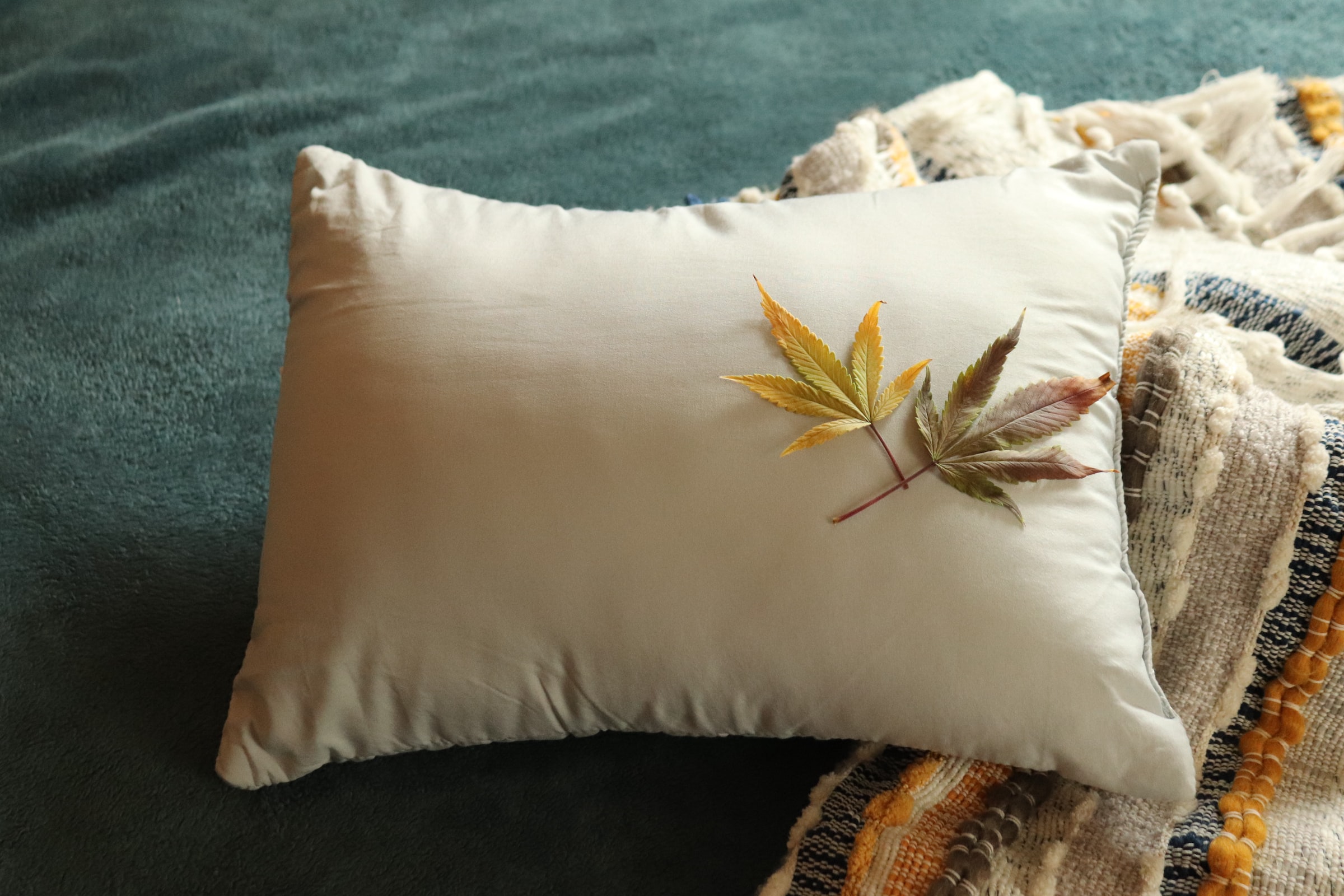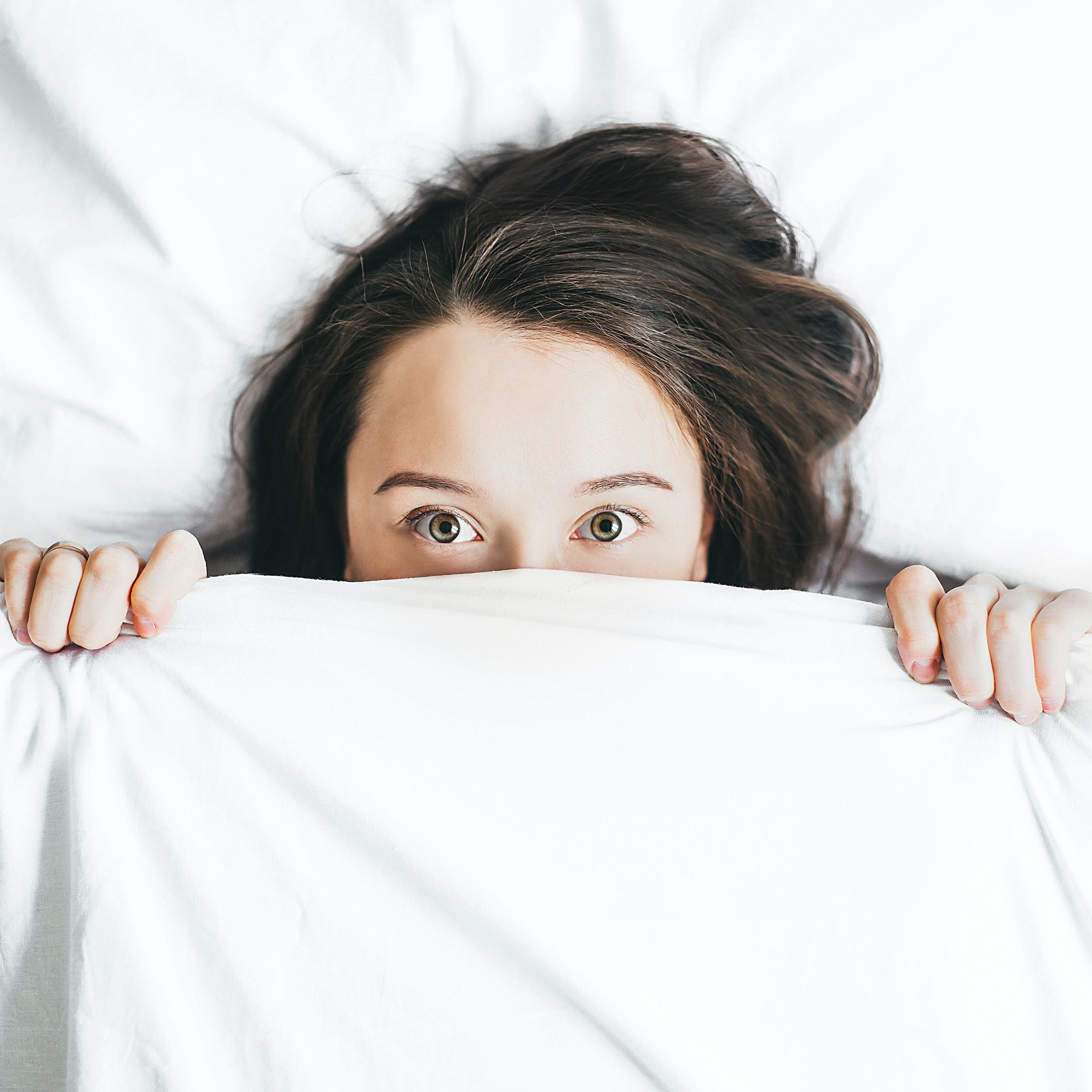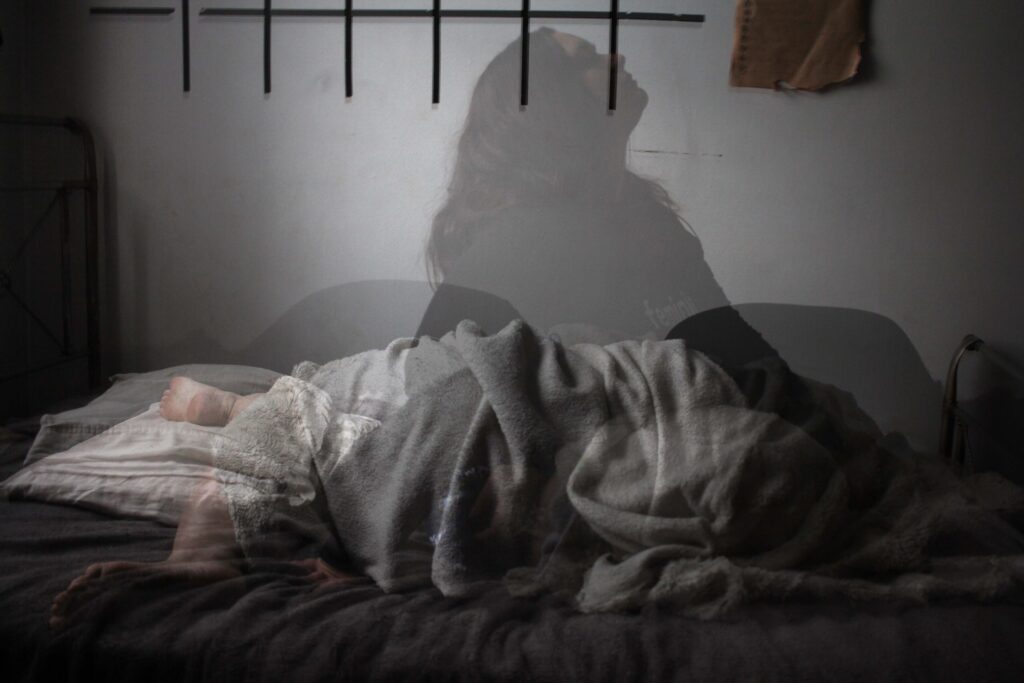Insomnia is difficult to define precisely because there is no standard for sleep. It is a lack or poor quality of sleep that affects social life, as well as physical and mental activities. Many people, especially adults, cannot sleep at night. Most don’t even know that there are different kinds of insomnia: daytime sleepiness, sleepless nights, idiopathic insomnia, psychophysiological insomnia, and many more.
To succeed in finding sleep, it is necessary to know the causes of sleep disorders and find a solution. What are the causes? Are there any risk factors? How can insomnia be prevented? How to treat it? So, without further ado, let’s dive into this blog and learn everything you need to know about insomnia.
What is insomnia?

Insomnia is defined as a disorder that affects the quality of sleep, its initiation, maintenance, and duration. It sometimes causes an alteration in a person’s daytime functioning, such as:
-
- A feeling of malaise or fatigue
-
- Mood disorders
-
- Irritability
-
- Difficulty concentrating, and even memory problems
-
- Professional or social dysfunction
-
- Anxiety about sleeping poorly
-
- Decreased physical energy
-
- Risk of accidents
-
- A propensity to make mistakes.
Insomnia can be an adjustment (short-term or acute) or chronic (if it is repeated or lasts a long time).
Who does it affect?
According to the latest Canadian Community Health Survey, approximately 13% of Canadians aged 15 years and older suffer from chronic insomnia. According to the same survey, 36.5% of insomniacs do not usually feel rested when they wake up, while only 9.2% of people who say they do not have insomnia are tired in the morning. The survey also reveals that people affected by insomnia sleep on average 1 hour less per night than people who do not have insomnia.
Statistics on the prevalence of insomnia vary from source to source, however, because the “criteria for insomnia” used in surveys are not always the same. Some researchers use the duration of symptoms, others use the severity, and others use the presence or absence of symptoms. The criterion most often used is the frequency of insomnia symptoms.
The different types of insomnia
You will find in this list some examples of insomnia, namely.
Acute adjustment insomnia
This is usually caused by distress, job loss, bereavement, other stressful factors, or a difficult event. Acute insomnia is a short-term sleep disorder that lasts up to three months.
Chronic or psychophysiological insomnia

A person with psychophysiological insomnia suffers from poor sleep and cannot get to sleep. They even end up being afraid to go to bed. This causes them to have performance anxiety about sleep. People with chronic or psychophysiological insomnia are unable to fall asleep at scheduled times.
Poor perception of sleep
Poor sleep perception is considered true-false insomnia. The affected person sleeps only a few hours or not at all during the night. The source of the problem lies in the inability to assess the quality of sleep. In other words, one does not feel the sensation of sleep.
Behavioral insomnia
It’s not just adults! Children are also prone to sleep disorders. They are often caused by the habits that their parents have instilled in them. Sometimes children do not want to sleep, but their mother or father forces them to. This situation leads to behavioral insomnia.
Insomnia caused by drugs
Alcohol is one of the most widely used sleeping pills in the world. However, it does not improve the quality of sleep for those who abuse it. But there are also other substances that cause insomnia, such as:
-
- Drugs: especially stimulants
-
- Drugs: because of the side effects they bring.
Drugs taken for too long or in very large quantities can cause insomnia.
The ideal treatment for insomnia

The treatment of insomnia begins with educational intervention. This consists of adopting good practices in order to maintain the quality of sleep. Here are some examples:
-
- Choosing a fixed time to get up each morning
-
- Practicing a sport activity
-
- Never drink coffee 6 hours before going to sleep
-
- Never drink alcohol in the evening
These are only examples, but the best thing to do is to ask a doctor or a therapist for advice. Indeed, it can help the person concerned fight against insomnia. In any case, the practice of psychotherapy and hypnosis is the best solution to fight insomnia.
Sound off in the comments section below, and tell us what you want to read next and if you want to read more about insomnia.


